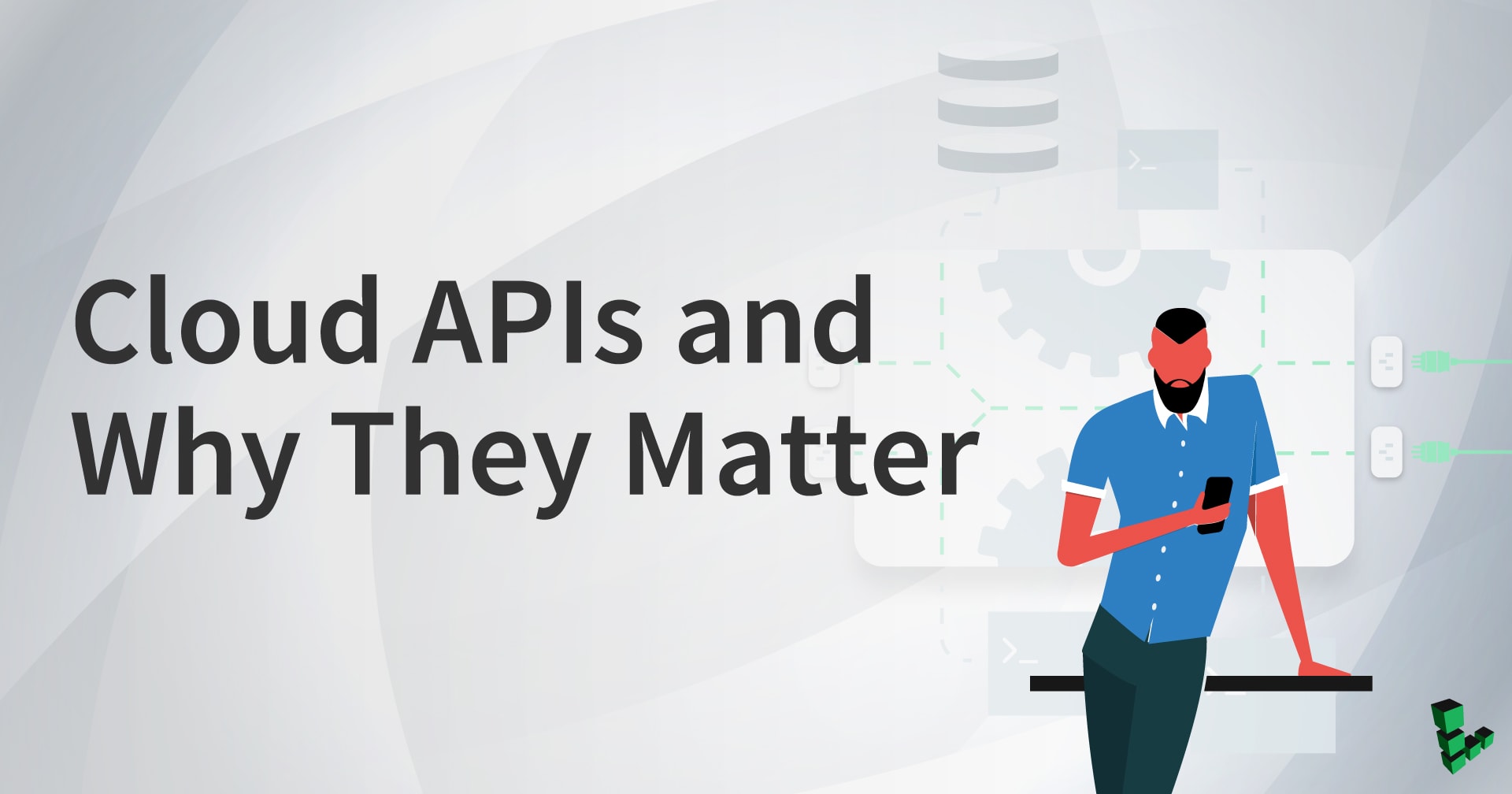When you are shopping for a public cloud provider, take a close look at the provider’s Application Programming Interface (API). You’ll need cloud APIs to integrate external applications and build custom tools for managing your cloud resources. Useful cloud APIs are well-documented, secure, convenient, easy to use, and compliant with industry standards.
The purpose of cloud APIs is to serve as an interface for management applications and homegrown scripts that will interact with your environment. An API will provide the basis which you can use to develop custom tooling, such as command line interfaces. The Linode API, for instance, supports a Command-Line Interface (CLI) that offers an equivalent command for any task available through the Linode Cloud Manager. This powerful feature lets IT staff manage the cloud environment from the familiar terminal window. A comprehensive CLI also lets you add management commands to custom scripts, which means admins who are accustomed to writing Bash scripts can easily build cloud management features into their scripts.
An effective API serves as a versatile interface for management tools. The Linode API offers interfaces for Ansible, Terraform, Packer, Vagrant, and other enterprise management applications, including applications for managing Docker containers and Kubernetes clusters. Linodes created with Terraform can further be configured using configuration management software like Salt, Puppet, or Chef.
Programming interfaces are another important feature of cloudAPIs. The Linode API provides libraries that support easy integration with programs written in Python, Go, PHP, JavaScript, and other languages.
Another thing to look for in an API is OpenAPI support. The OpenAPI specification defines a standard, language-agnostic interface that promotes automation, portability, and uniformity with other APIs. OpenAPI provides a steady, predictable, and convenient foundation for your cloud presence, making it easy to create and adapt custom applications.
One last feature for the savvy cloud buyer is support for the OAuth 2.0 authorization protocol, which allows a resource owner to delegate secure access to a cloud-based resource. An API that supports OAuth 2.0 lets the cloud customer add social-media-style components to a website, thus providing easy sharing and information exchange without compromising security.
Linode supports the OAuth 2.0 authorization protocol. Users can safely authorize an app to access data or make changes to their Linode account. For example, an app could be given permission to create or destroy Linodes, configure a NodeBalancer, or alter a domain.
You’ll get more from your cloud environment if you shop for a vendor with a full-featured cloud API. Linode offers a powerful and versatile API, with built-in access to all Linode Cloud Manager features, as well as support for many popular management tools and program libraries.
Consider your public cloud provider carefully and think through all the possibilities for how your cloud presence might evolve. If you benefit from automation, if you are exploring DevOps, if you plan to integrate custom components into your web presence, or if security and convenience are important considerations for your organization, find a provider with a versatile and full-featured cloud API.






Comments